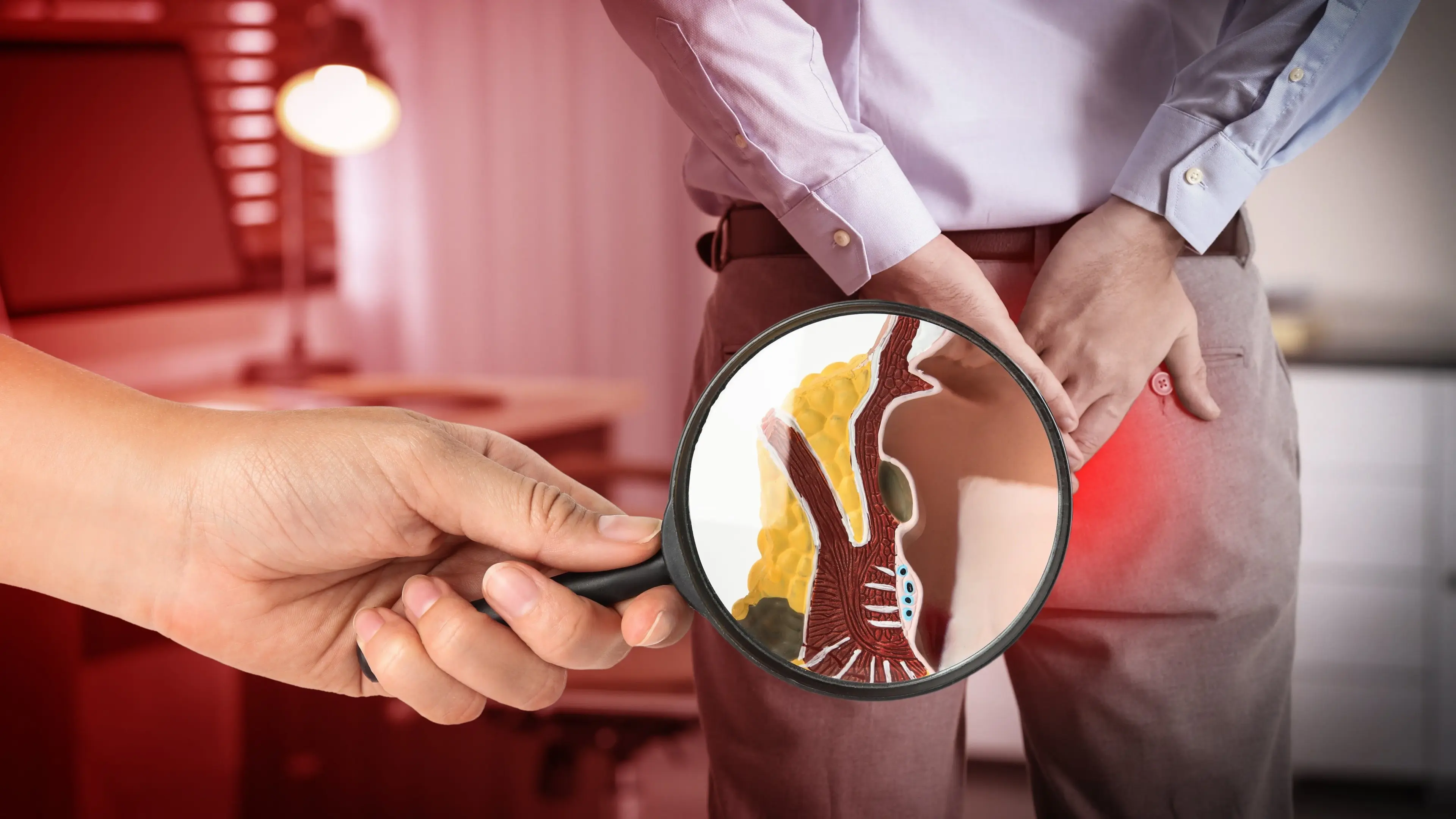03 Feb 2026
Rhinoplasty Revision Surgery in Mohali: Cost When Your First Nose Job Fails


Dr. Manisha Aggarwal
25 Aug 2025
Call +91 80788 80788 to request an appointment.
Piles, also known as hemorrhoids, are swollen blood vessels in the rectal area that can cause pain, discomfort, and bleeding. Surgery, particularly for severe or recurring cases, is often necessary for effective relief. If you or a loved one is facing piles surgery, understanding the recovery timeline is crucial for managing expectations and preparing for post-operative care. At Livasa Hospital, our team of skilled general surgeons specializes in piles surgeries, ensuring comprehensive care tailored to your needs.
Piles, or hemorrhoids, can be classified into two types: internal and external. Internal piles occur inside the rectum and usually don't cause visible symptoms, though they may lead to bleeding during bowel movements. External piles are located outside the rectum and can cause pain, itching, and swelling. Common symptoms include:
If you're experiencing any of these symptoms, seeking consultation from a general surgery specialist in Mohali or Amritsar can help determine the best treatment options, including surgical intervention when necessary.
Before undergoing piles surgery, several preparations are necessary to ensure a smooth surgical experience. Consultation with the best general surgery doctors in Mohali will involve discussing your medical history, current medications, and any allergies you may have. Common pre-operative steps include:
Always align with your surgeon’s recommendations to prepare appropriately, as these steps significantly impact your recovery post-surgery.
Piles surgery may involve various techniques, including traditional hemorrhoidectomy or minimally invasive procedures. The choice of method largely depends on the severity of your condition and the surgeon's recommendation. Generally, the surgery lasts about 30-60 minutes, and patients are often discharged on the same day, especially for minimally invasive techniques. During the procedure, the following points may occur:
Following the procedure at Livasa Hospital, your healthcare team will monitor you for any immediate complications before discharge.
Right after piles surgery, some patients may experience pain, swelling, and bleeding from the surgical site. It's essential to have realistic expectations during the initial recovery phase, which encompasses the first week post-surgery. Common aspects include:
It's crucial to heed your surgeon's advice regarding activities during this time, including avoiding strenuous physical activity or heavy lifting for at least a week.
Post-operative recovery varies among individuals, but here is a general timeline of what many can expect after piles surgery:
| Recovery Phase | Duration | Symptoms and Care |
|---|---|---|
| Immediate Recovery | 1-7 Days | Pain, swelling, mild bleeding; adhere to prescribed medications. |
| Early Recovery | 1-2 Weeks | Gradual reduction in pain; increase in physical activity as tolerated. |
| Full Recovery | 4-6 Weeks | Most symptoms relieve; gradual return to normal activities. |
During the early weeks, consider following a fiber-rich diet to ease bowel movements and prevent straining, which can exacerbate pain.
Recovery doesn’t stop after the initial healing period. Long-term care is essential to prevent recurrence. Regular follow-ups with your surgeon at Livasa Hospital will help monitor your progress. Key points for ongoing recovery include:
Following these guidelines helps ensure a smooth recovery and can prevent future complications or recurrence of piles.
Effective pain management following piles surgery is vital for a smooth recovery. Here are several strategies:
Patients should communicate openly with their healthcare team about pain levels to adjust medications effectively.
While some discomfort is expected after surgery, certain symptoms may require immediate medical attention. Contact your surgeon if you experience:
Being proactive about your health is paramount. The team at Livasa Hospital is always available for questions or concerns throughout your recovery journey.
While every individual's experience with piles surgery is unique, understanding the recovery timeline and taking proactive steps can significantly enhance your healing process. By adhering to your doctor's recommendations, practicing self-care, and maintaining open communication, you’ll improve your chances for a successful recovery. I encourage you to reach out to Livasa Hospital for any inquiries regarding piles surgery recovery or to schedule a consultation with our experienced general surgery specialists in Punjab. Remember, your health and well-being are of utmost importance, and with the right care, you can move forward with confidence.
This article was written by a dedicated team at Livasa Hospital, sharing insights based on professional experience in the field.
Rhinoplasty Revision Surgery in Mohali: Cost When Your First Nose Job Fails
Plastic Surgery After Massive Weight Loss: Body Contouring Packages in Mohali
ENT + Cosmetic in Mohali: Septoplasty for Breathing with Cosmetic Rhinoplasty Offers
Livasa Healthcare Group Corporate Office,Phase-8, Industrial Area, Sector 73, Sahibzada Ajit Singh Nagar, Punjab 160071
| Mohali | +91-99888 23456 |
| Amritsar | +91-99887 49494 |
| Hoshiarpur | +91-99883 35353 |
| Nawanshahr | +91-75081 82337 |
| Khanna | +91-98888 05394 |